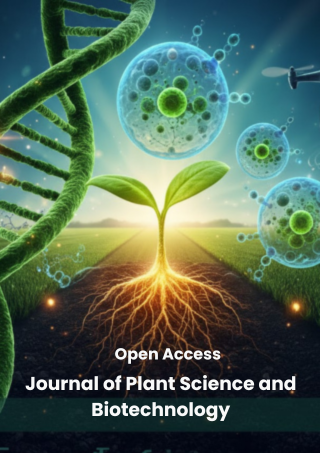Computational and Synthetic Biology
Computational and synthetic biology represent two rapidly advancing disciplines that are reshaping modern plant science and biotechnology. Computational biology leverages bioinformatics, systems biology, and predictive modeling to decode complex plant genomes, analyze gene expression patterns, and understand regulatory networks that govern plant growth, stress responses, and metabolic pathways. With the integration of machine learning, artificial intelligence, and big data analytics, researchers can now design targeted experiments, accelerate trait discovery, and optimize crop performance under diverse environmental conditions. Synthetic biology complements these approaches by enabling the design, construction, and reprogramming of biological systems to enhance desirable plant traits or introduce novel functions. This includes engineering metabolic pathways for the production of biofuels, nutraceuticals, and high-value plant-derived compounds, as well as developing synthetic promoters, gene circuits, and modular biological parts for precise control of plant physiology. Together, computational and synthetic biology offer transformative opportunities to address challenges in sustainable agriculture, climate resilience, and food security. By combining predictive modeling with engineering principles, these fields provide a foundation for next-generation innovations in crop design, resource efficiency, and global agricultural sustainability.
Article Processing Timeline
| 2-5 Days | Initial Quality & Plagiarism Check |
| 15 Days |
Peer Review Feedback |
| 85% | Acceptance Rate (after peer review) |
| 30-45 Days | Total article processing time |
Journal Flyer


